'I’ve been battered by the cycling community for wearing normal clothes, not to mention not using a helmet' - Chris Boardman on riding for utility, and sport
Chris Boardman and author Tom Babin both advocate shifting the mindset away from tribalistic 'sport cycling' and 'commute cycling' to a more rounded approach
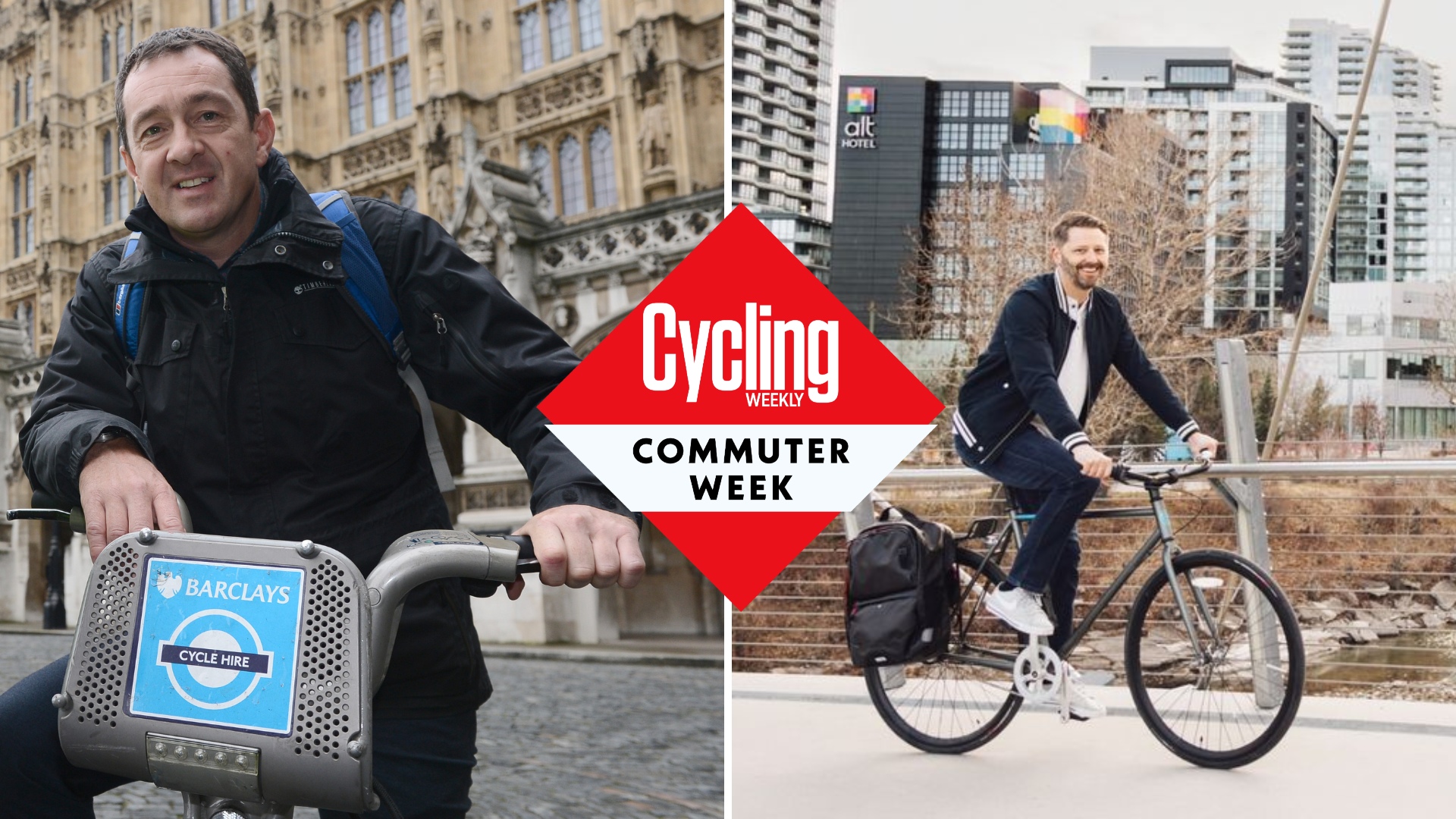
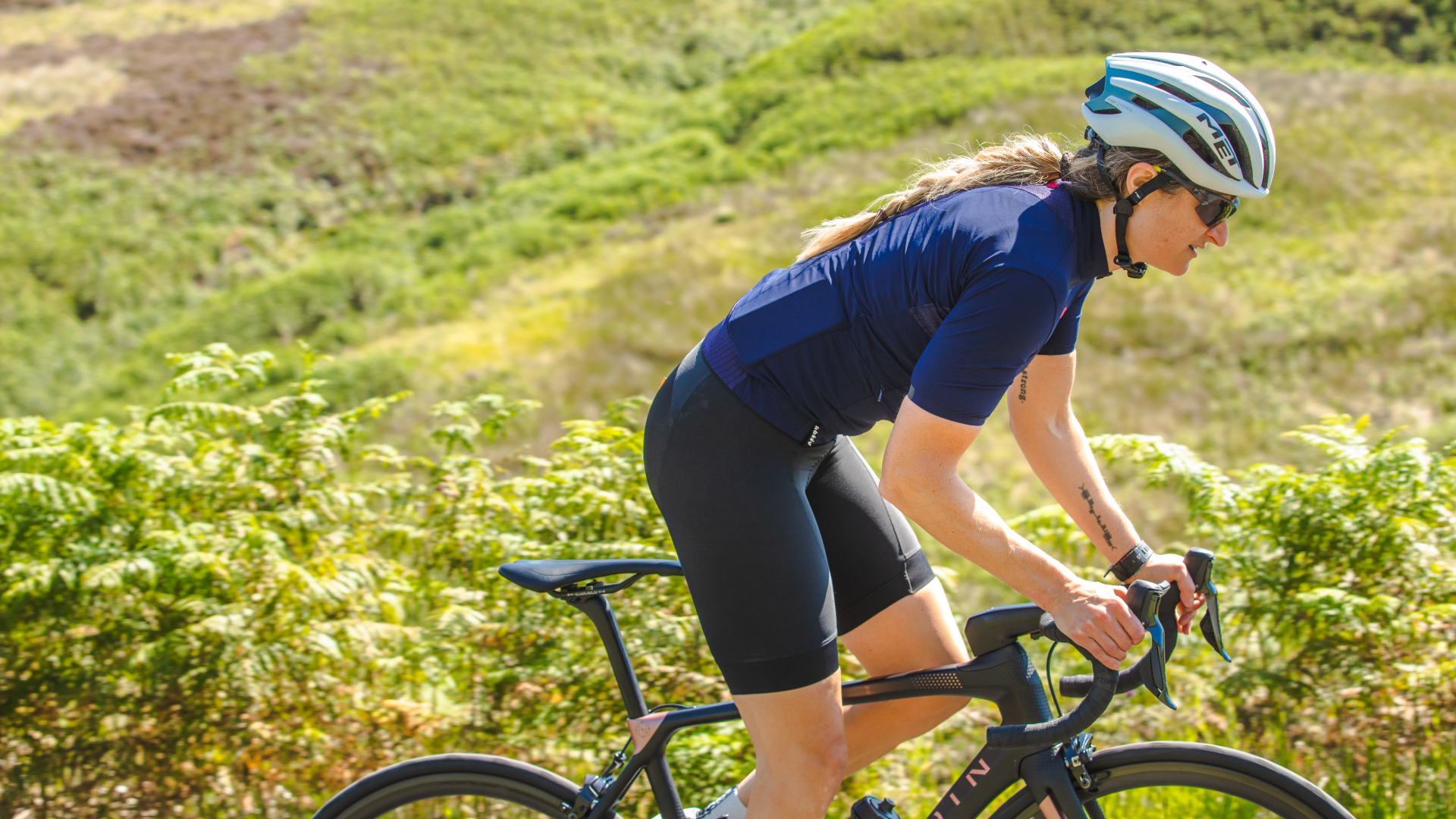
In our weekly series we speak to cyclists of all kinds, to find out what one change they've made that's helped to make them a better bike rider - and ask - will it work for you?
What is cycling to you? A form of exercise? I way to exercise your competitive, sporting spirit? Or, simply a way to get from A to B? For journalist and author Tom Babin, it was flipping from a focus on athleticism to simply moving around which saw him increase his cycling volume.
"I started thinking about cycling, not just as a sport, but as transportation. This small change in outlook had a huge impact on my life", declares the Canadian author of 'Frostbike: The Joy, Pain and Numbness of Winter Cycling'.
This is an area where former Olympic and World Champion - and National Active Travel Commissioner - Chris Boardman MBE, has a lot to say. "Reframing [what we consider cycling to be about] is so important to make people realise how good cycling can be," Boardman told us.
One of several barriers holding cyclists back from more regular commuting could be a tendency towards tribalism. "I’ve been battered by the cycling community for wearing normal clothes on a bike, not to mention the very contentious issue of not using a helmet. It's a constant battle not to conform", Boardman told us, having been vocal about his decision to ride without a helmet for many years.
Clothing is an area that Babin highlighted as having a major impact on his outlook, too. "Today, I still squeeze into my kit on weekend rides and love the challenge and thrill of cycling as a sport. But I also use a bike exponentially more often for transportation," he confirms.
As a cyclist who struggles to find the motivation to get on the bike when not for 'training' purposes, I'm keen to hear more.
Get The Leadout Newsletter
The latest race content, interviews, features, reviews and expert buying guides, direct to your inbox!
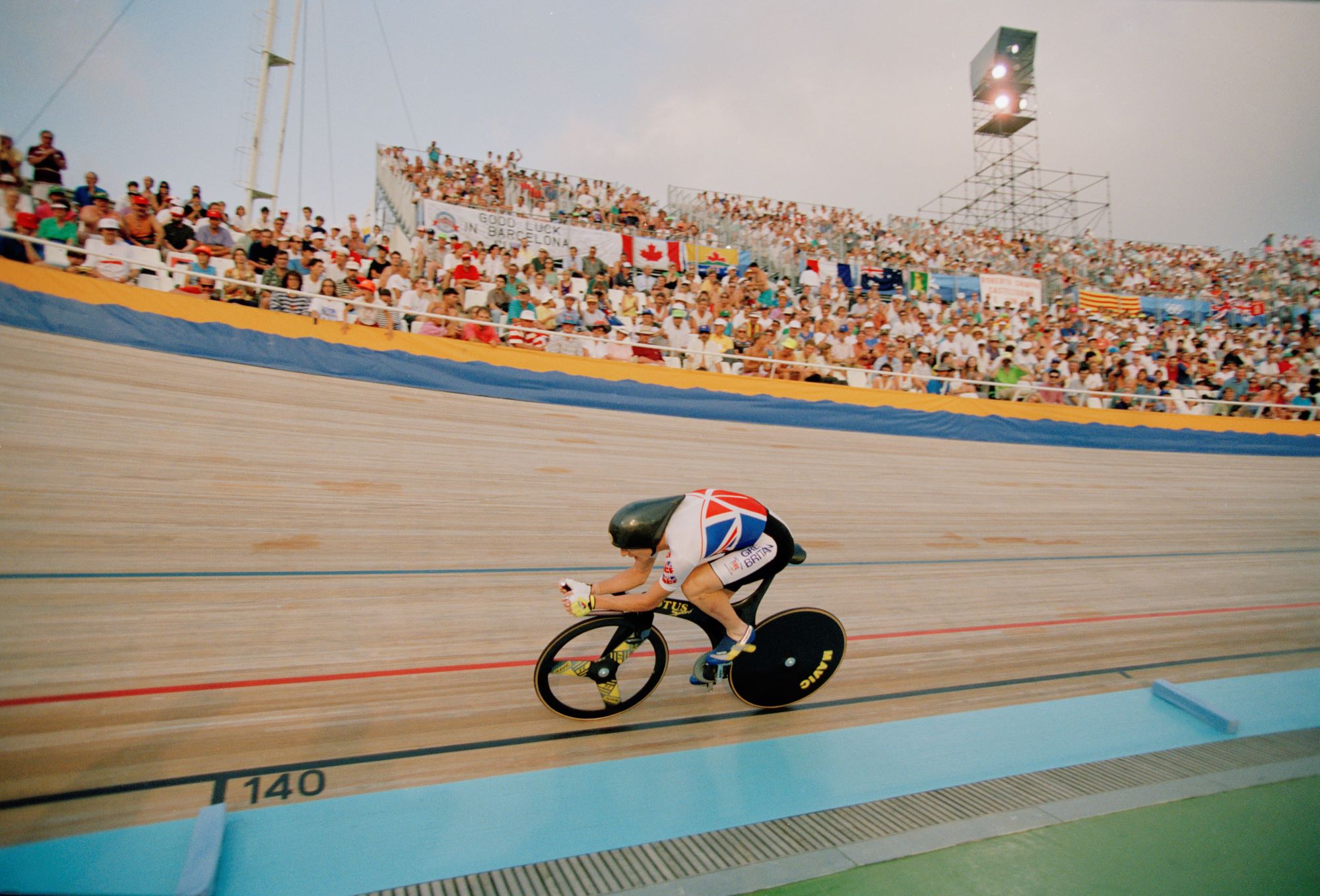
Chris Boardman rides the Individual Pursuit Final at the 1992 Barcelona Olympics
"More often than not, cycling for sport starts as an expansion of cycling for utility purposes", Boardman says. Using the example of kids riding to school, he points out that they don’t even realise they’re participating in sport - "you can’t football to school, so you ride" - he jokes.
"We all need to get better at keeping this combination of cycling being a wonderful utility and a sport," believes Boardman, adding that "we under think what we can do on the bike".
Taking this approach encourages us to remove the 'them' and 'us' stigma that sometimes creeps into cyclists' mentality, and perhaps could help remove barriers to everyday riding, for those who are more inclined towards sport.
Go by bike
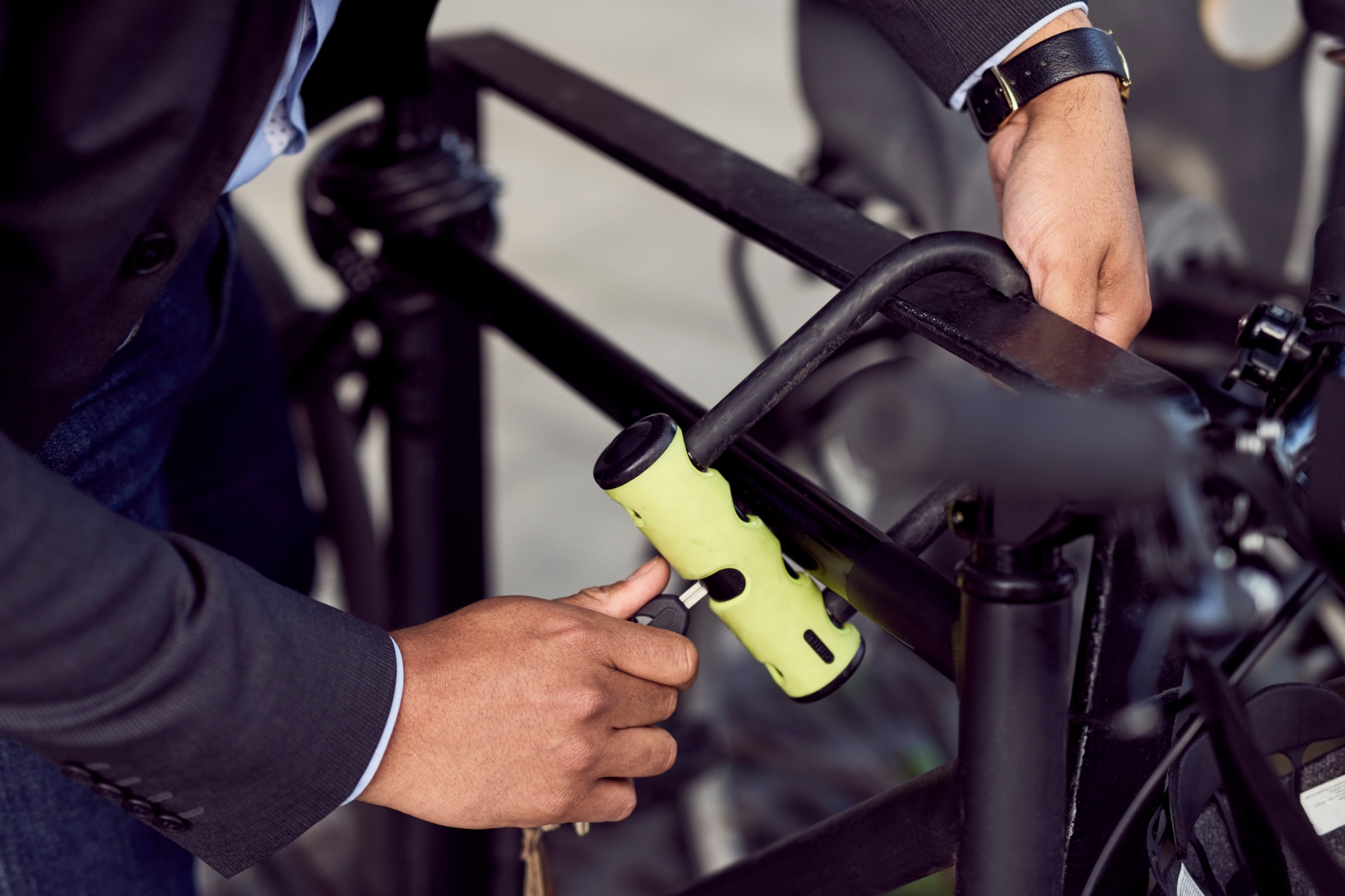
The two big practical blockers for me riding more is bike security and foul weather.
While no lock is fool proof, buying the best bike lock and knowing how to lock a bike securely will go a long way to ensuring it's still there when I return. Adding one of the best GPS trackers could also help put my mind at ease.
Foul weather wise, heated gloves really helped encouraging me out in the cold. Adopting better waterproofs and a one jacket to rule them all approach could entice me out to the shops by bike, knowing that I don't need to go through the rigmarole of outfit planning due to being soaked on arrival.
Boardman believes that it's all about choosing the right language for how we communicate this narrative.
"We need to do better at selling using bikes as a way of meeting un-met needs, and not trying to enforce riding.
"Cycling is cross cutting, it means different things to different people. Some ride for keeping fit, others need it for mental wellbeing, and some for transport, or freedom.
"Once people know cycling can meet their needs then they are more likely to start riding more."
Looking to Copenhagen - the Danish capital known for its high rates of cycling - he says: "The city is full of bikes, but no one is a cyclist, they just use their bikes as a matter of course."
We see a similar picture across Scandinavian countries, where cycling is a societal norm, making it seemingly easier to just hop on a bike to work, school, running errands, even heading for a night out.
Cultural perceptions are a hard nut to crack when it comes to encouraging more bike riding. In the UK specifically, cycling mostly gets negative coverage in the mainstream press, which adds to the divide, not only between car drivers and riders, but also within the wider cycling community itself.
Boardman reiterates the importance of language here, and why it's so important to get right in order to bridge the gap between sports and utility cyclists. "We don’t want to force people to join our gang" he says when discussing the unwritten rule of cycling uniforms, speeds, types of bikes, and the fear of not fitting in, "we want to feel like we can join other peoples gangs".
Our View
Babin's suggestion to stop thinking about cycling only as a sport feels like it could lead to a really big change.
Turning to my own mindset, I often feel that I'm not quite fast or fit enough to join a cycling club, but also haven't quite got the right commuting bike or gear to make going by bike more second nature.
"Rather than telling [yourself] you need to ride more" Boardman suggests, "start with want you want, to feel safe, to have freedom, independence, choice" adding that "if you suffer ‘FOMO [fear of missing out] by not riding more, then you're on to something".
For me, that means leaving behind the feeling of not 'fitting in' and that I need to 'ride my bike more' - and simply thinking about how my needs can be met by the bike, which seems a much more sustainable state of mind.

Thank you for reading 20 articles this month* Join now for unlimited access
Enjoy your first month for just £1 / $1 / €1
*Read 5 free articles per month without a subscription

Join now for unlimited access
Try first month for just £1 / $1 / €1
Hannah is Cycling Weekly’s longest-serving tech writer, having started with the magazine back in 2011. She has covered all things technical for both print and digital over multiple seasons representing CW at spring Classics, and Grand Tours and all races in between.
Hannah was a successful road and track racer herself, competing in UCI races all over Europe as well as in China, Pakistan and New Zealand.
For fun, she's ridden LEJOG unaided, a lap of Majorca in a day, won a 24-hour mountain bike race and tackled famous mountain passes in the French Alps, Pyrenees, Dolomites and Himalayas.
She lives just outside the Peak District National Park near Manchester UK with her partner, daughter and a small but beautifully formed bike collection.
-
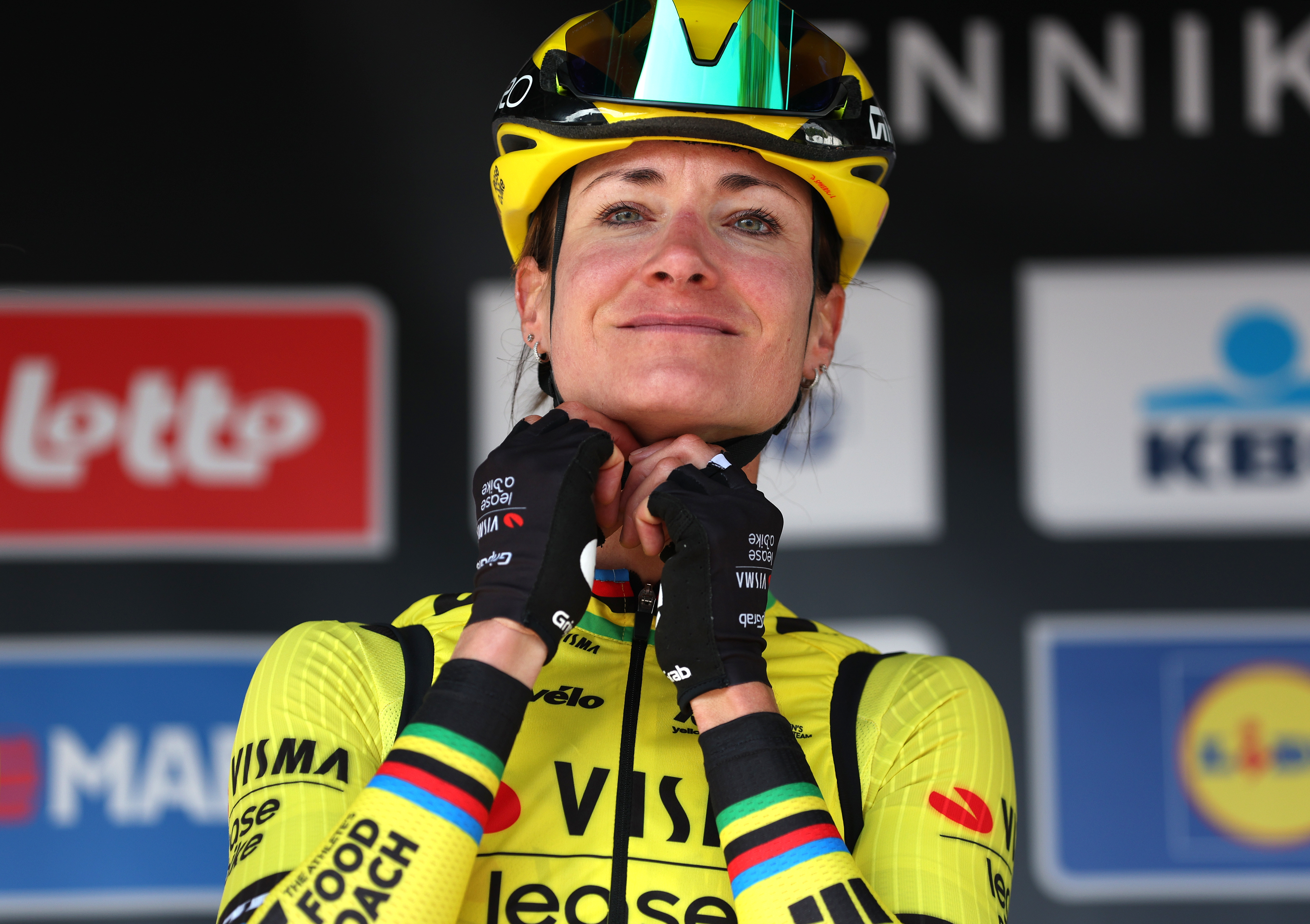 Marianne Vos signs career-long 'forever' contract with Visma-Lease a Bike
Marianne Vos signs career-long 'forever' contract with Visma-Lease a BikeFormer world champion becomes team's second rider to pen indefinite deal
By Tom Davidson
-
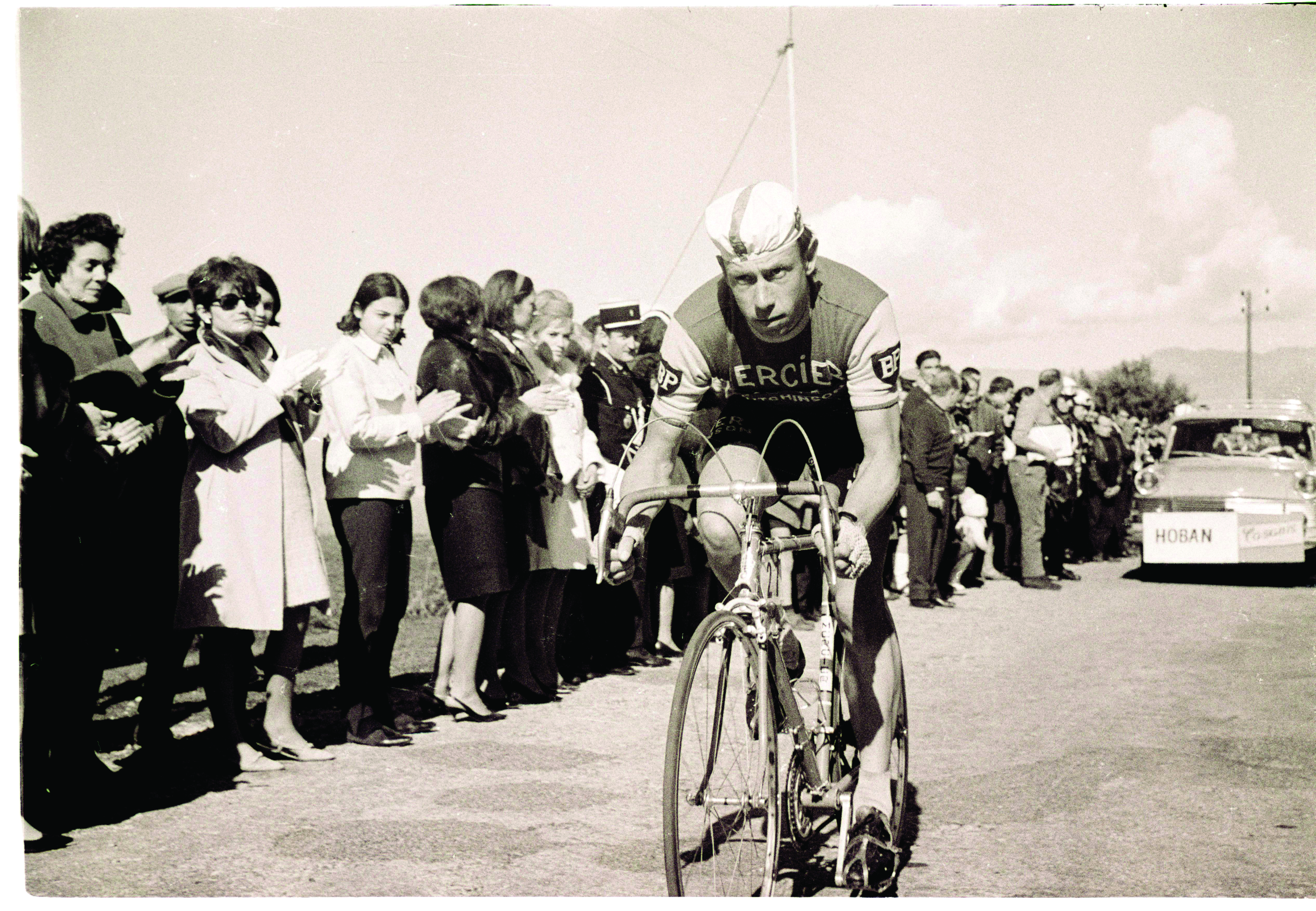 British cycling legend Barry Hoban dies aged 85
British cycling legend Barry Hoban dies aged 85Eight-time Tour de France stage winner paved way for future British success
By Adam Becket